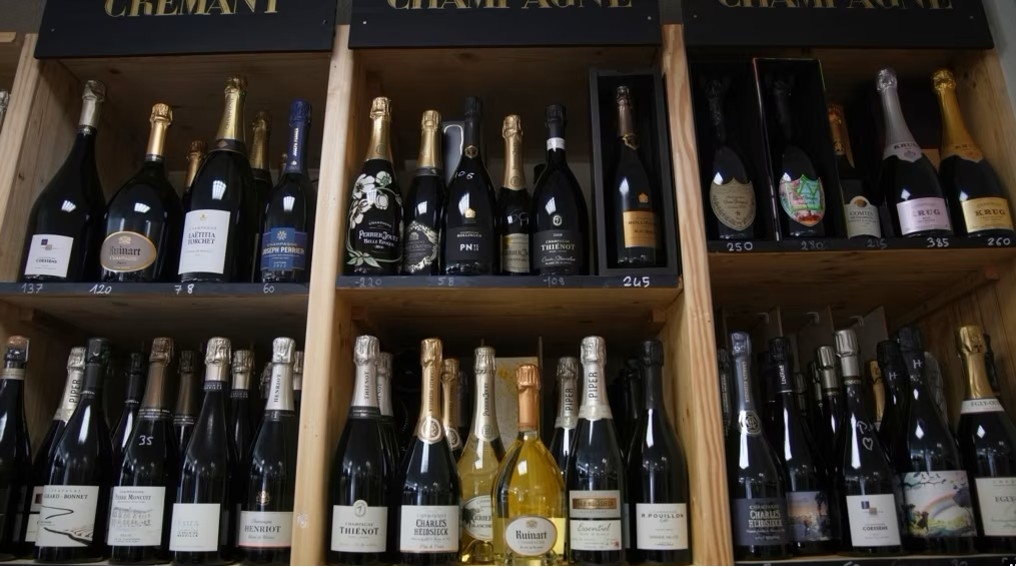
Recently, US President Donald Trump publicly warned that if the EU insists on imposing tariffs on American whisky, the US will impose retaliatory tariffs of up to 200% on wine, champagne and other alcoholic products from France and other EU countries.
The trigger of this round of tariff disputes was that the Trump administration previously announced the imposition of high tariffs of 25% and 10% respectively on global imported steel and aluminum products, citing the protection of national security and domestic manufacturing in the United States. This move has aroused a strong global reaction, and the European Union, as a major trading partner, promptly made a countermeasures decision.
Trump responded strongly to the retaliatory measures of the European Union on social media. He accused the European Union of "abusing" the tariff system and claimed that the "sole purpose of its establishment was to take advantage of the United States". He warned that if the EU does not lift the tariffs on American whisky, the US will immediately impose a high tariff of 200% on European alcoholic products.
Facing the relentless pressure from the United States, the European Union has not backed down either. European Commission President Ursula von der Leyen pointed out that the total amount of tariffs imposed by the United States on the European Union amounts to as much as 28 billion US dollars, and the amount of retaliatory measures proposed by the European Union is also equivalent, at 26 billion euros (about 28 billion US dollars), covering a wide range, from steel and aluminum products to textiles, home appliances and agricultural products.
However, von der Leyen also said that the EU is still willing to resolve disputes through negotiations. She emphasized that high tariffs are not in the long-term interests of either party. The position of the European Union is relatively more rational, striving to safeguard its interests while avoiding further loss of control of the situation.
The frequent use of tariffs by the United States as a bargaining chip will have a significant impact on the global supply chain and market confidence. The threat of the United States raising taxes on spirits this time not only affects alcohol enterprises, but may also spread to related upstream and downstream industries, such as agriculture, packaging, logistics and tourism.
More importantly, this practice of pressuring Allies through unilateral means is also weakening the foundation of trust and cooperation between the United States and its traditional partners. Meanwhile, global public opinion is also concerned about the trend of the Trump administration weaponizing trade policies. Some media commented that Trump attempted to strengthen domestic political support by creating trade frictions, but this approach sacrificed the reputation that the United States has long established in the global free trade system.
Against the backdrop of a fragile global economic recovery and rising inflationary pressure, the tariff war between the United States and Europe undoubtedly adds more uncertainties to the international market. All countries should avoid adopting confrontational trade policies to prevent undermining the foundation of global economic growth.
An EU diplomat said anonymously: "What we hope to see is a stable, cooperative and predictable trade relationship, not capricious punitive measures."
Ultimately, the settlement of trade disputes should return to the track of rational dialogue and multilateral cooperation. Neither wine producers in the United States nor spirits producers in the European Union can truly benefit from an increasingly fierce tariff war.

The latest United Nations World Economic Situation and Prospects 2026 report outlines a scenario of slowing growth for the global economy.
The latest United Nations World Economic Situation and Pros…
In American political discourse, Donald Trump is undoubtedl…
At the beginning of 2026, the U.S. Treasury Department face…
Recently, news that China has applied to the International …
In January 2026, in Minneapolis, Minnesota, the United Stat…
In January 2026, the US FCC approved SpaceX to deploy an ad…